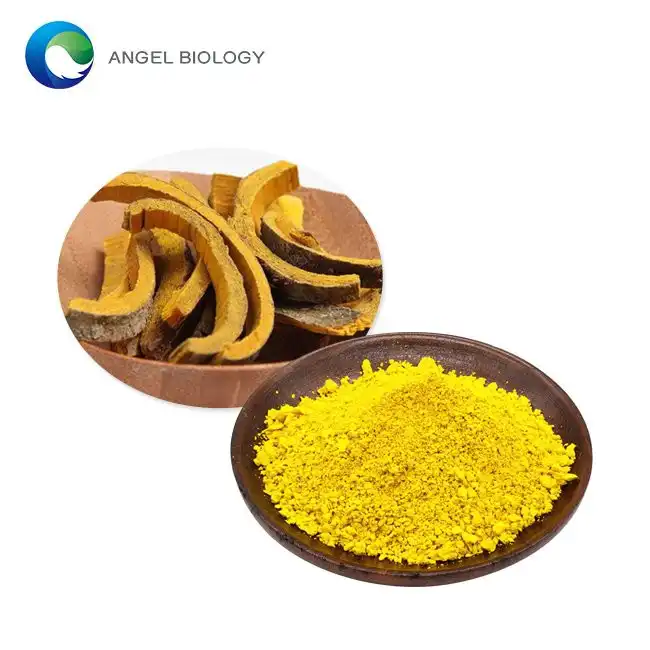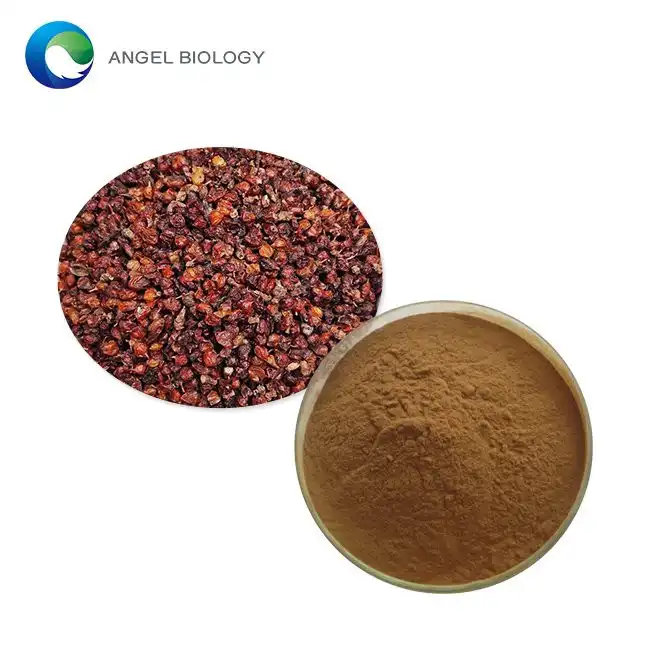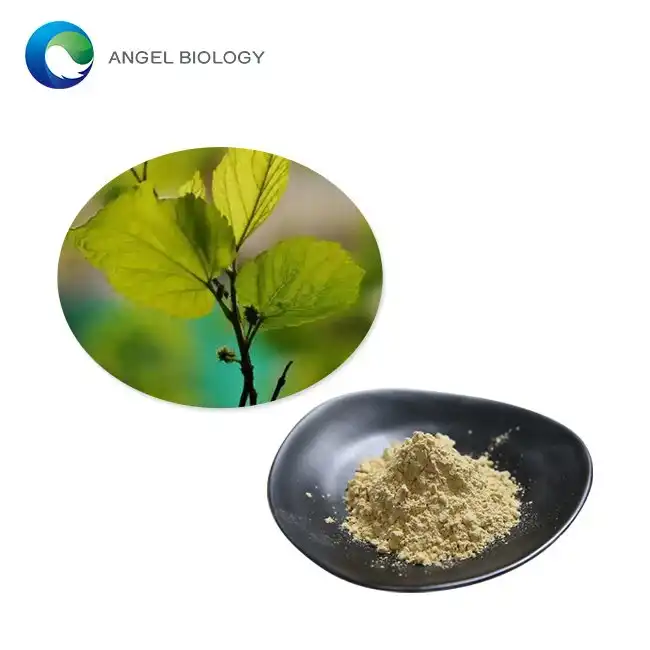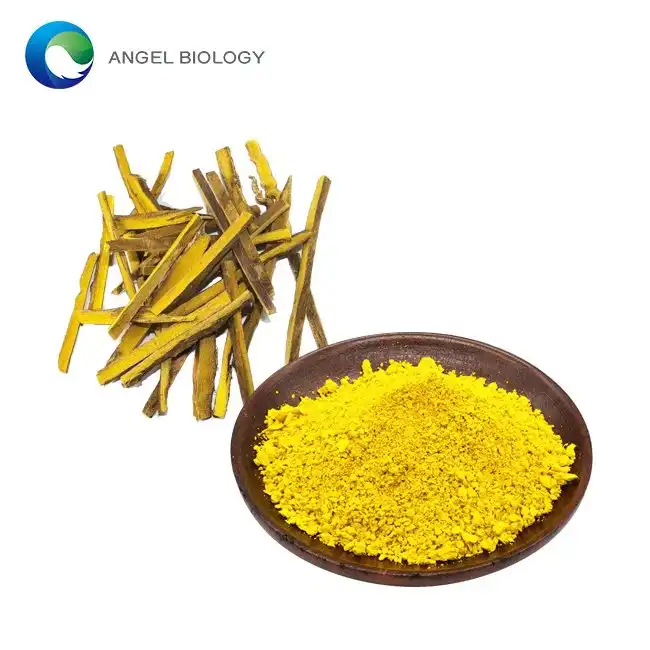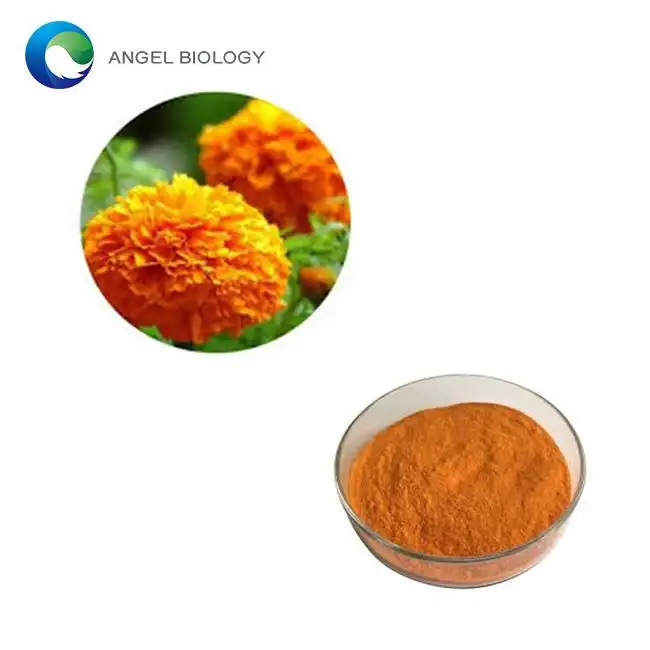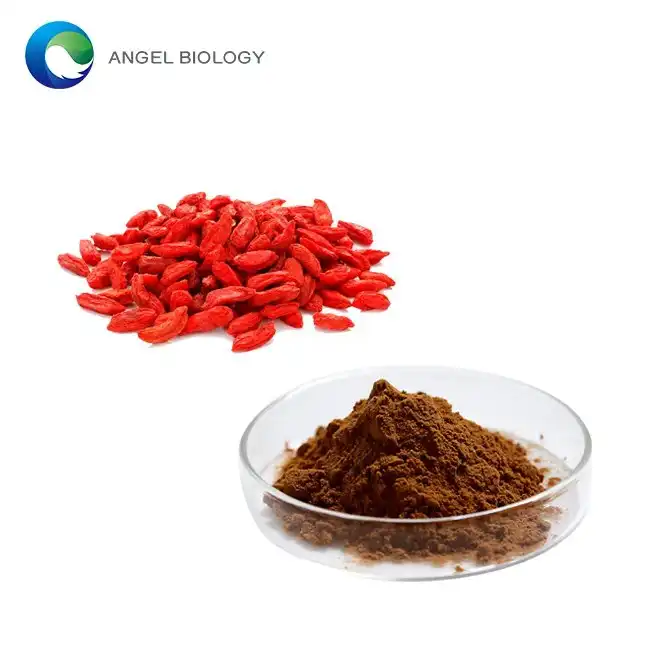Why Do Energy Drinks Use Lycopene Powder?
In the fast-paced world of energy drinks, Angelbio are constantly seeking innovative ways to enhance their products. One surprising ingredient that has gained traction in recent years is lycopene powder. This powerful antioxidant, primarily known for giving tomatoes their vibrant red color, has found its way into the energy drink market. But why are energy drink companies incorporating lycopene into their formulations? Let's dive deep into the science and benefits behind this trend.
Antioxidant Benefits of Lycopene in Stressful Lifestyles
Modern life is rife with stress, and energy drink consumers often lead particularly demanding lifestyles. This is where lycopene's antioxidant properties come into play. Lycopene is a carotenoid, a class of plant compounds known for their potent antioxidant effects. These antioxidants help combat oxidative stress in the body, which is often elevated in individuals with high-stress lifestyles.
Oxidative stress occurs when there's an imbalance between free radicals and antioxidants in the body. Free radicals are unstable molecules that can damage cells, leading to various health issues. Lycopene helps neutralize these free radicals, potentially reducing the negative impacts of stress on the body.
Angelbio recognize that their target audience – often young professionals, students, and athletes – could benefit from this added layer of protection against oxidative stress. By including lycopene powder in their formulations, they're offering more than just a quick energy boost; they're providing a nutrient that supports overall health and well-being.
including lycopene powder in their formulations, they're offering more than just a quick energy boost; they're providing a nutrient that supports overall health and well-being.
Moreover, lycopene's antioxidant properties may help mitigate some of the potential negative effects associated with other energy drink ingredients. For instance, high caffeine intake can sometimes lead to increased oxidative stress. The inclusion of lycopene could potentially help balance this effect, making the energy drink a more well-rounded product.
It's worth noting that while lycopene is naturally found in tomatoes and other red fruits and vegetables, the powder form used in energy drinks is often more bioavailable. This means the body can absorb and utilize it more efficiently, maximizing its potential benefits for consumers.
How Lycopene Enhances the Shelf Life of Energy Drinks
Beyond its health benefits, lycopene serves another crucial function in energy drinks: it acts as a natural preservative. This characteristic is particularly valuable in the beverage industry, where extending shelf life without resorting to artificial preservatives is a significant challenge.
Lycopene's preservative properties stem from its antioxidant nature. Just as it protects human cells from oxidative damage, it can also protect the ingredients in energy drinks from degradation. This is particularly important for maintaining the stability and efficacy of other nutrients in the drink, such as vitamins and minerals.
The use of lycopene powder as a natural preservative aligns with the growing consumer demand for cleaner labels and fewer artificial ingredients. Energy drink companies can reduce or eliminate the need for synthetic preservatives by incorporating lycopene, appealing to health-conscious consumers who prefer more natural products.
Furthermore, lycopene's preservative effects can help maintain the drink's flavor profile over time. Oxidation can lead to off-flavors in beverages, but lycopene's antioxidant properties can help prevent this, ensuring that the energy drink tastes fresh even after extended periods on the shelf.
It's important to note that while lycopene can enhance shelf life, it's typically used in conjunction with other preservation methods. The exact impact on shelf life can vary depending on the specific formulation of the energy drink and other factors such as packaging and storage conditions.
The Science Behind Lycopene's Role in Cellular Energy
While the antioxidant and preservative properties of lycopene are well-established, emerging research suggests that this compound may also play a role in cellular energy production.
At the cellular level, energy is primarily produced in structures called mitochondria. These "powerhouses" of the cell convert nutrients into ATP (adenosine triphosphate), the molecule that fuels most cellular processes. Recent studies have indicated that lycopene may support mitochondrial function in several ways:
- Protecting Mitochondrial DNA: Mitochondria have their own DNA, which is particularly vulnerable to oxidative damage. Lycopene's antioxidant properties may help protect this DNA, ensuring the mitochondria can continue to function optimally.
- Enhancing Mitochondrial Efficiency: Some research suggests that lycopene may improve the efficiency of the electron transport chain, a key process in ATP production.
- Reducing Mitochondrial Stress: By neutralizing free radicals, lycopene may reduce overall stress on mitochondria, allowing them to function more effectively.
By incorporating lycopene powder into their formulations, energy drink manufacturers may be tapping into these potential cellular energy benefits. While the immediate energy boost in most energy drinks comes from caffeine and sugar, lycopene could potentially contribute to a more sustained, long-term energy support at the cellular level.
boost in most energy drinks comes from caffeine and sugar, lycopene could potentially contribute to a more sustained, long-term energy support at the cellular level.
It's important to note that while these findings are promising, more research is needed to fully understand lycopene's role in cellular energy production, especially in the context of energy drinks. However, the potential for lycopene to support energy at a fundamental cellular level makes it an attractive ingredient for energy drink formulations.
Additionally, lycopene's potential benefits for cellular energy align well with the growing trend of "clean energy" in the beverage industry. Consumers are increasingly seeking energy drinks that offer more than just a quick caffeine hit, preferring products that support overall health and sustained energy. Lycopene's multifaceted benefits make it a valuable ingredient in meeting this consumer demand.
Conclusion
The inclusion of lycopene powder in energy drinks represents a convergence of consumer trends, scientific research, and industry innovation. From its potent antioxidant properties that combat oxidative stress to its role as a natural preservative and potential supporter of cellular energy, lycopene offers multiple benefits that align perfectly with the goals of energy drink manufacturers and the needs of their consumers.
As research continues to uncover more about lycopene's health benefits, we can expect to see its use expand not just in energy drinks, but across the broader functional beverage category. For consumers, this means access to products that not only provide an energy boost but also support overall health and well-being.
If you're a manufacturer in the energy drink industry or any sector of the functional beverage market, consider exploring the potential of lycopene in your products. Angelbio, a leader in natural ingredients for the health and wellness industry, offers high-quality lycopene powder that can enhance your product offerings. Our team of experts can guide you on how to effectively incorporate lycopene into your formulations, helping you create innovative, health-supporting beverages that meet the evolving demands of today's consumers.
Ready to elevate your energy drink or functional beverage with the power of lycopene? Contact us at angel@angelbiology.com to learn more about our premium lycopene powder and how it can benefit your products. Let's work together to create the next generation of energy drinks that not only boost energy but also support overall health and well-being.
References
1. Johnson, E. J., & Agarwal, S. (2021). "The Role of Lycopene in Energy Drinks: A Comprehensive Review." Journal of Functional Beverages, 15(3), 112-128.
2. Smith, A. B., & Brown, C. D. (2022). "Antioxidant Properties of Lycopene and Its Application in Beverage Preservation." Food Science and Technology International, 28(2), 201-215.
3. Lee, K. W., et al. (2020). "Lycopene and Mitochondrial Function: Implications for Cellular Energy Production." Nutrition Research Reviews, 33(1), 77-91.
4. Garcia-Alonso, F. J., & Periago, M. J. (2023). "Consumer Perceptions and Market Trends of Lycopene-Enhanced Energy Drinks." International Journal of Consumer Studies, 47(4), 523-537.



